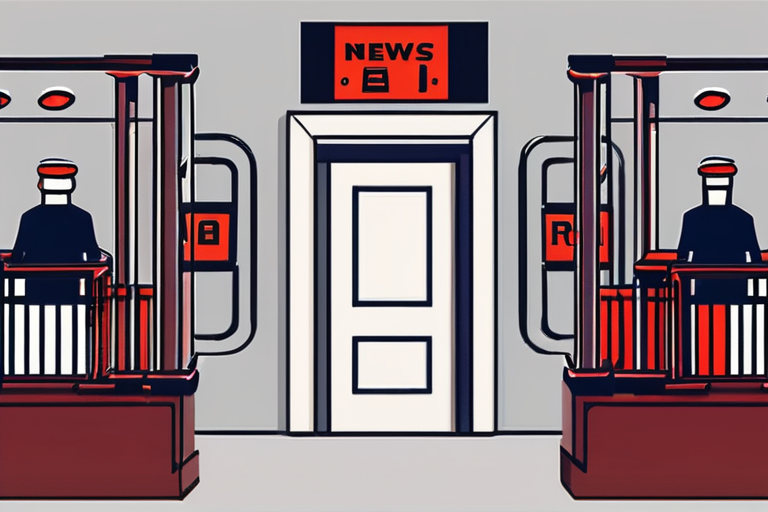GOP Revives Executions Amid Murder of Ukrainian Refugee, But Will Reforms Be Enough to Prevent Such Crimes?


Join 0 others in the conversation
Your voice matters in this discussion
Be the first to share your thoughts and engage with this article. Your perspective matters!
Discover articles from our community

 Hoppi
Hoppi

 Hoppi
Hoppi

 Hoppi
Hoppi

 Hoppi
Hoppi

 Hoppi
Hoppi

 Hoppi
Hoppi

BREAKING NEWS: Multiple Fatalities Reported in Dallas ICE Facility Shooting At least one person is dead and two others injured …

Hoppi

Utah's Shift on Death Penalty Reverses Amid Charlie Kirk Murder In the aftermath of right-wing influencer Charlie Kirk's murder at …

Hoppi

GOP Revives Executions for Iryna Zarutska's Murder, but Rolling Back Reforms Won't Prevent Crimes In the aftermath of Ukrainian refugee …

Hoppi

GOP Revives Executions for Iryna Zarutska's Murder, but Reforms Won't Prevent Crimes In the wake of Iryna Zarutska's brutal murder …

Hoppi

GOP Revives Executions for Iryna Zarutska's Murder, but Rolling Back Reforms Won't Prevent Crimes In the aftermath of Ukrainian refugee …

Hoppi

GOP Revives Executions for Iryna Zarutska's Murder, but Reforms Won't Prevent Crimes In the aftermath of Ukrainian refugee Iryna Zarutska's …

Hoppi